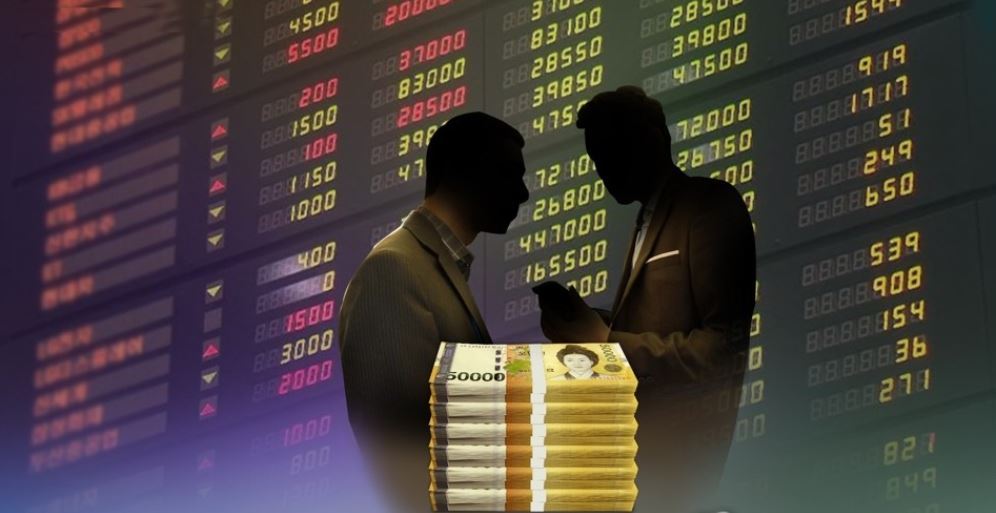Retail investors upset with uncontrolled short selling
By Jie Ye-eunPublished : March 8, 2020 - 15:51

With the nation’s stock market plummeting and investors offloading shares en masse, tens of thousands have flocked to sign online petitions calling for a ban on short selling.
As of Sunday afternoon, over 49,000 Koreans have signed 10 online petitions from end-January, demanding that the short selling of local securities be abolished or at least temporarily banned when stock indexes drop over 10 percent.
Short selling is a strategy of borrowing, selling and repurchasing stocks to return it to the lender, betting that the share price will drop. The practice can be used to raise liquidity and boost stock prices in a sluggish market.
The trading volume of such short sales in the benchmark Kospi market marked over 10.18 trillion won ($8.56 billion) last month. By average, daily transactions recorded 509.1 billion won, up 28.4 percent from a month earlier and 60.1 percent on-year, according to the market operator Korea Exchange.
This latest figure outran the average daily sale amount recorded when the US-China trade war escalated in May 2018, which had stood at 486.7 billion won. It even exceeded the amount of 424.1 trillion won, when stock prices shed upon Samsung Biologics’ alleged accounting fraud issue in May last year.
The massive short sales by foreign and institutional investors consequently was a burden on retail investors, who increasingly blamed the financial authorities for failing to regulate the practice.
“Korea’s financial authorities may not be fully aware of the seriousness of the issue. Short selling, which largely favors the interest of large institutional and foreign investors, should be banned,” a petitioner said.
Another petition pointed out that some foreign investors shun Korea’s stock market, due to the massive amount of short sales.
“Financial authorities’ role is to attract superior foreign capital to invest in local firms,” the petitioner wrote in a statement.
The nation’s financial authorities are considering regulating short selling of local stocks, but have so far failed to reach a consensus.
The market watchdog Financial Supervisory Service previously reviewed allowing investors to short sell only locally listed stocks with a designated level of market capitalization -- a model similar to that adopted by the Stock Exchange of Hong Kong.
Hong Kong, the only country to impose such restrictions on short sales, allows stocks to be sold short only if their market cap exceeds HK$3 billion ($385 million) and their daily turnover surpasses 60 percent of the entire market capitalization.
However, the Financial Services Commission has rejected the call for short selling ban, citing concerns about the market’s liquidity and potential impact upon foreign investors.
By Jie Ye-eun (yeeun@heraldcorp.com)





![[Herald Interview] 'Amid aging population, Korea to invite more young professionals from overseas'](http://res.heraldm.com/phpwas/restmb_idxmake.php?idx=644&simg=/content/image/2024/04/24/20240424050844_0.jpg&u=20240424200058)












![[KH Explains] Korean shipbuilding stocks rally: Real growth or bubble?](http://res.heraldm.com/phpwas/restmb_idxmake.php?idx=652&simg=/content/image/2024/04/25/20240425050656_0.jpg&u=)

